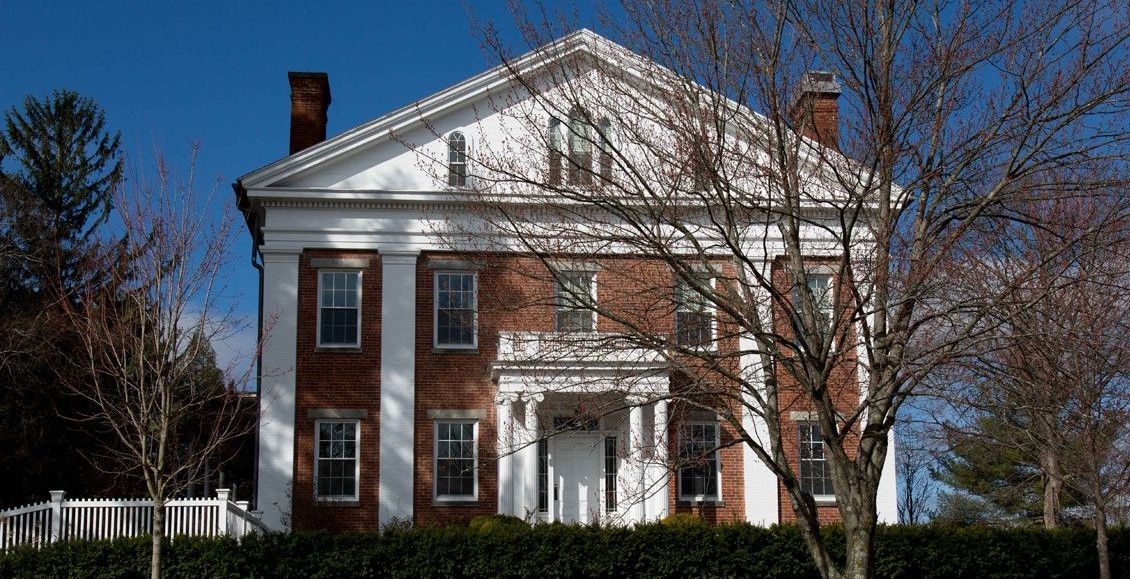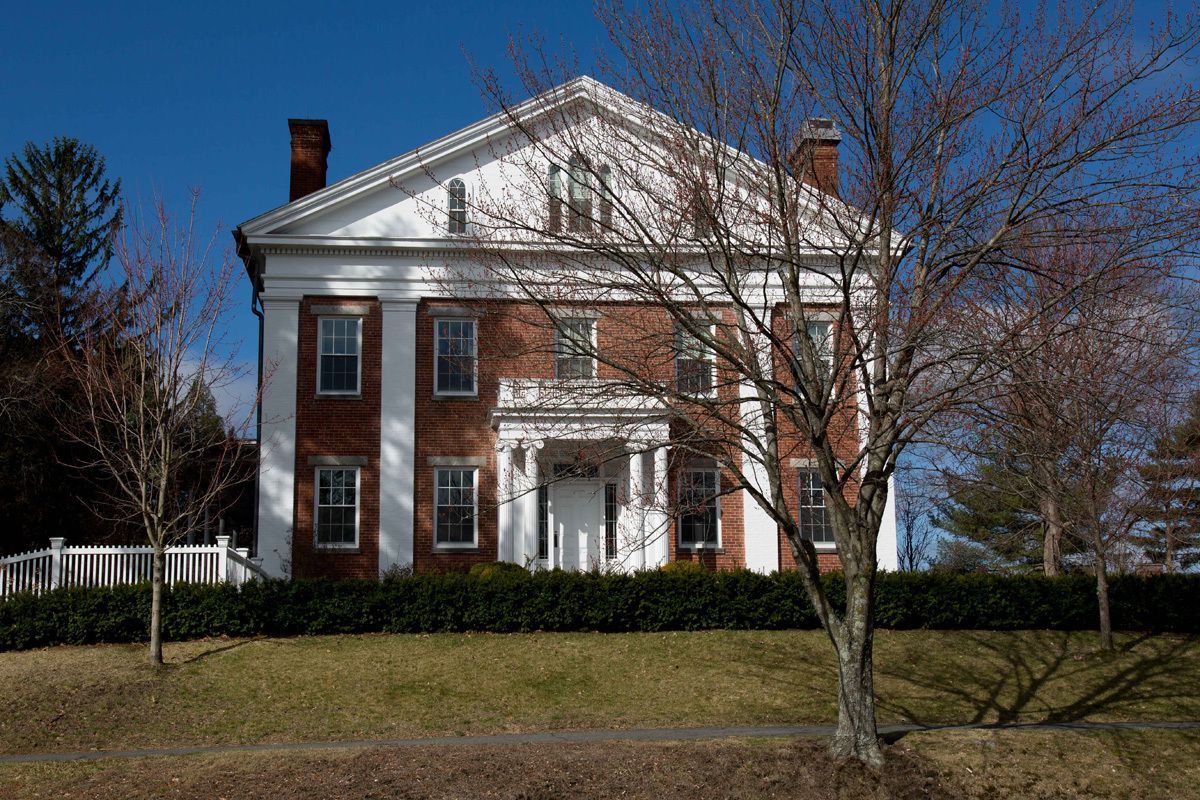Presidential Search Committee Releases Position Profile


On Jan. 12, Chair of the Board of Trustees and Presidential Search Committee Andrew J. Nussbaum ’85 sent an update to the college community on the search for a new president to succeed President Biddy Martin after she steps down from the position following this semester.
The update included a finalized position profile for potential candidates, which details the qualities that the committee will be seeking in presidential candidates, ranging from personal warmth to administrative prowess. The profile also outlines challenges and opportunities that the next president will encounter, including uniting a diverse college community and overseeing an expanding endowment.
The search committee, selected in October, will now focus on “identifying, recruiting, and vetting promising candidates,” wrote Nussbaum, who encouraged community members to continue sharing nominations and ideas with the committee using their confidential email address.
The presidential profile was compiled using “the advice and input of more than 400 students, faculty, staff, alumni, trustees, and friends of the college,” said the email. In an interview with The Student, Kate Redmond ’23, a student member of the search committee, also emphasized that the finished profile “came directly from the community” as a result of “hundreds of emails and surveys.”
“While Committee members have our own opinions, we tried to focus on the feedback we received and base our profile on that,” Redmond said.
The presidential qualities listed — which Nussbaum told The Student will “serve as guideposts as we evaluate individual candidates” — span a wide range of interpersonal, academic, and administrative characteristics. According to the profile, a successful presidential candidate should have “unquestioned integrity and sound judgment,” a dedication to equity and inclusion, and an ability to unite members of the community in times of crisis, all while maintaining transparency and a balanced perspective. Candidates must also be “accomplished scholar[s] and broadly engaged intellectual[s]” with demonstrated dedication to the liberal arts and higher education more broadly.
Furthermore, these qualities should be accompanied by a “successful record of administrative leadership and strategic management,” the ability to sustain a “culture defined by excellence,” and a “commitment to fundraising … and making the philanthropic case for Amherst.” Candidates must also show “a keen interest in becoming immersed in the college,” its history, traditions, and communities.
Additionally, the profile underscores the importance of presidential integration into the community by highlighting many of the college’s defining qualities, such as its dedication to “independence and initiative” through practices such as the open curriculum. It also emphasizes the importance of maintaining Amherst’s “intellectually intense, inquisitive, and passionate” students, and its faculty, which is “distinguished in scholarship and research.”
The profile also describes the work that lies ahead for the new president. Amid the shifting conversation on race both within the college community and the U.S. more generally, the profile states that future leadership must create “structures of support … that can span the divides and differences within a racially and economically diverse community.” The next president is also charged with working to strengthen aspects of student life outside the realm of academics.
Such challenges do not come without exciting and unprecedented opportunities, as the profile goes on to highlight how the next president will be uniquely situated “to engage in critical national conversations” and convey the “message of how a liberal arts education prepares its students for lives of consequence and of leadership,” while also overseeing the college in its “extraordinarily strong financial position.”
As the committee moves to recruiting and evaluating candidates, it continues to seek input from the college community. “The committee welcomes continuing input from our Amherst community,” said Nussbaum. “Our search is both exciting and important for Amherst, and we appreciate the community’s engagement.”